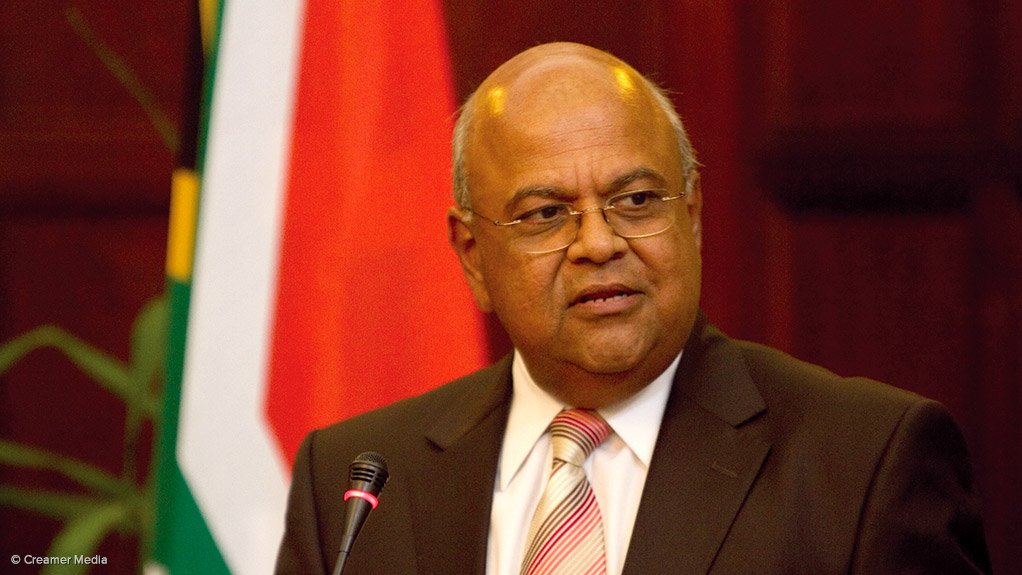South African Finance Minister Pravin Gordhan believes that the Group of 20 leading economies (better known as the G20), of which South Africa is a member, has played an important role in helping the world face the global economic crisis that broke in 2007/2008. It "averted a deeper crisis and indeed a depression", he affirmed on Monday. It has also prevented a further deepening of the euro crisis.
"The G20 remains a relevant forum," he said. "It is an important experiment in global financial governance. As South Africa, we would like to promote, and do promote, Africa's interests at the G20." This is both because "it is the right thing to do" and because faster African economic growth and development benefits South Africa.
Africa now has three seats at the G20, one occupied by South Africa, one by the African Union, and one by Nepad (the New Partnership for Africa's Development). "What is required is greater cohesiveness and assertiveness from ourselves [in Africa]." The G20 remains important, "despite it's weaknesses and imperfections".
"Africa has gotten G20 agreement on issues important to Africa," he noted. These include illicit capital flows out of African countries. "Regrettably, this problem is getting worse, not better." The G20 also has a development agenda -- which he credited to the Republic of Korea. "For developing countries, the G20 is a significant and strategic platform." It helps deal with financial crisis spillover effects, strengthens international financial institutions and oversees reforms within financial institutions. It is looking at how to stimulate development in the poorest countries.
Nevertheless, the international body has its own problems. "The G20 faces challenges in building consensus on pro-growth policies," cited Gordhan. Other challenges concern capital flow management, the implementation of financial sector rules which improve liquidity, the implementation of structural reforms to unlock growth and create jobs, the promotion of multilateral trade and the combatting of protectionism.
Member countries face competition between their domestic priorities and the needs of the wider world. "Often, at this point in time, the national interest is the dominant factor," he avered. "We have yet to see sustained growth."
Gordhan was delivering the keynote address at the South African Institute of International Affairs' second annual G20 and Africa conference, entitled the 'G20 and Africa's Economic Growth and Transformation'.
EMAIL THIS ARTICLE SAVE THIS ARTICLE
To subscribe email subscriptions@creamermedia.co.za or click here
To advertise email advertising@creamermedia.co.za or click here











